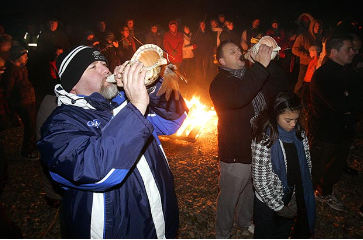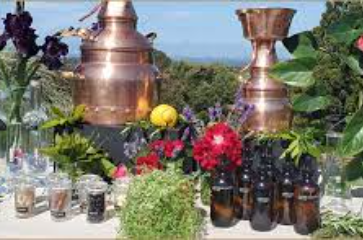‘Through art we deliver a message paying homage to the past. Pottery is the way I express myself, it has changed my life’ – Emma Zhang at Rui Ceramics
As well as making beautiful ceramics, Rui Ceramics in Warkworth run a variety of workshops from small groups of 2-4, families and friends, to larger groups 10-20, clubs, hen parties, organisations and corporate team building. Most of the workshops are hand building with limited small groups of throwing classes subject to availability. Contact the workshop directly for courses.
The 2 hour workshops involves building your own creation then painting it with under glaze. After the class, the pots will be allowed to dry completely, bisque fired, then a clear glaze applied and a final glaze firing. All of the after class work will be done for you at Rui Ceramics and the cost is included as part of the workshop fee. All workshops are subject to availability and must be booked and paid for at least 3 days before the class date, as confirmation.


